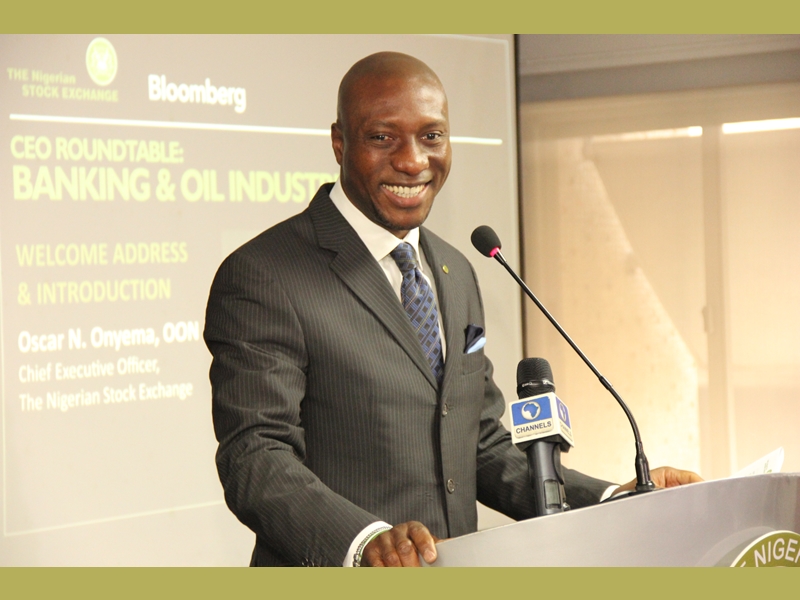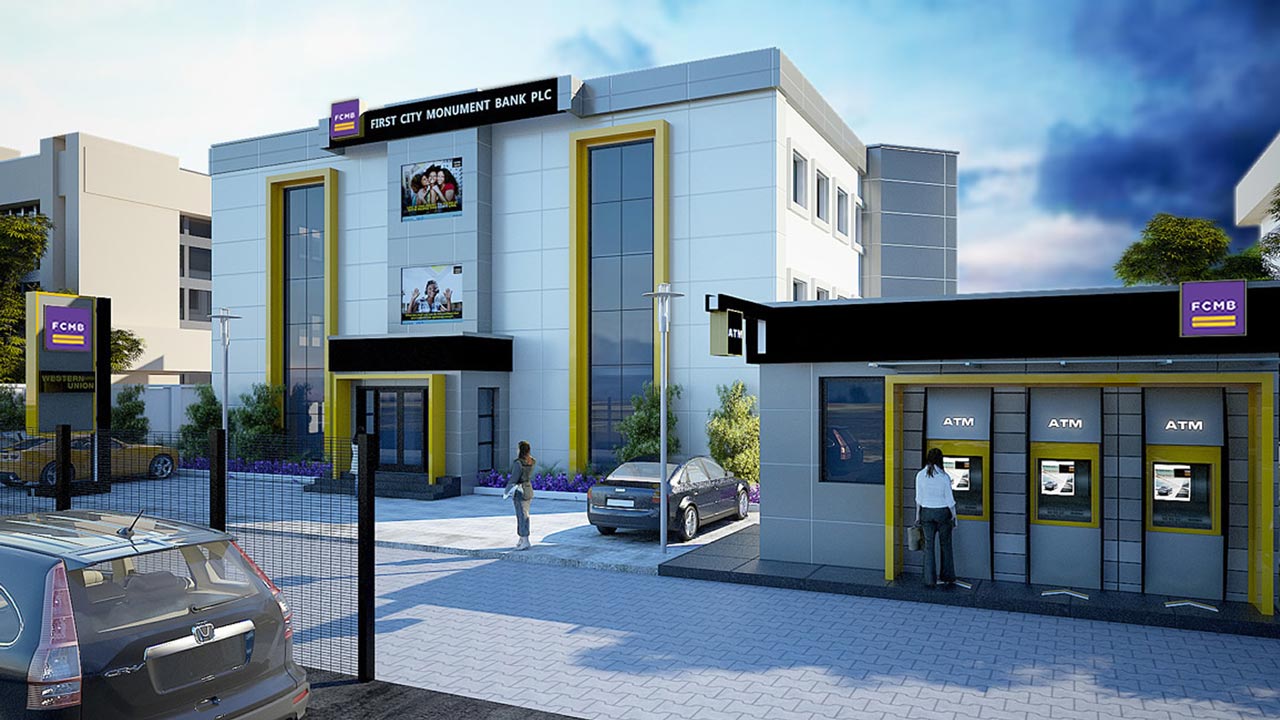- Special Forex Window, Others Attract N7.406tn Investments to Stocks
Nine months after the Central Bank of Nigeria introduced the foreign exchange window for investors and exporters, the equities market has witnessed an unprecedented growth by N7.406tn, which has led to the near doubling of the Nigerian Stock Exchange’s market capitalisation.
Between April 21, 2017 (when the new forex window opened) and January 19, 2018 (the latest trading day), the equities market has seen approximately 85 per cent appreciation in terms of investors’ worth, meaning a rise in the NSE equity capitalisation from N8.748tn to N16.154tn.
Stocks have seen a huge rally across board evident in the soaring equity capitalisation of listed equities, the All-Share Index, number of deals, as well volumes traded and their corresponding values.
In the same vein, the All-Share Index, volumes traded, deals and value of transactions as of April 20 last year were 25,282.75 basis points, 147.887 million, 2,578 and N836.842m, respectively, while as of January 19 this year, they had appreciated to 45,092.83 basis points, 1.339 billion, 9,053 and N8.629bn in that order.
In the space of nine months, the volume, value and number of deals had appreciated by over 805 per cent, 600 per cent and 251 per cent, respectively.
The CBN said the special forex window dubbed, ‘Investors and Exporters FX Window’, will boost liquidity in the forex market and ensure timely execution and settlement of eligible transactions.
The Chief Executive Officer, NSE, Mr. Oscar Onyema, while commenting on the progress seen in the market at the close of 2017 and the beginning of this year, attributed the growth in the Nigerian capital market thus far to the improvement in the various macroeconomic variables of the country, while also making a special case for the CBN revised forex market rules.
“We attribute this performance, in part, to the central bank’s monetary policies that resulted in increased liquidity in the foreign exchange market,” Onyema said.
According to the NSE CEO, the current situation in the Nigerian FX front has taken away the fear initially nursed by most capital market investors (both local and foreign) and restores confidence in the financial market, hence the rally.
“Before now, some investors never realised the favourable state of the Nigerian market. But after the gain of 2017 and the massive mention it enjoyed even in the international media, those investors who had not been part of the process deemed it appropriate to come on board,” Onyema explained.
The NSE All Share Index suffered mightily in 2015 and 2016 as currency troubles, low oil prices and militant attacks, among others, hit investor sentiment.
But oil prices have moved higher, the central bank has made it easier to swap currencies and the economy has snapped out of recession, explained Zin Bekkali, founder and Chief Executive Officer of Silk Invest.
Many analysts are optimistic that Nigerian stocks will keep rising in 2018.
“If you look at where we stand today, the Nigerian market is still one of the cheapest markets on the planet,” Bekkali said.
The Chief Economist, Vetiva Capital, Michael Famoroti, noted that there was a need for brave policy action to shift growth beyond first gear, believing that amid a more accommodative global environment, Nigeria should have confidence in boldly pursuing its internal growth agenda.
With the notable improvement in oil production, he said the country could expect to see further consolidation in the Federal Government’s revenues and the foreign exchange market.
With this, Vetiva Research expects the Nigerian economy to grow by two per cent year-on-year in 2018, driven by expansive fiscal and monetary policies, as well as strengthening consumer wallets. It also expects equities to hold the upper hand in comparison to the fixed income space.
“Despite the 2017 equity market rally driven by a partial liberalisation of the country’s exchange rate regime, the NSE remains relatively undervalued,” Vetiva Research stated.
Amidst this, Vetiva projects further gains for the equity market in 2018, with an estimated full year return of 15 per cent to 20 per cent.
The NSE had recovered from the macroeconomic overhang of the commodity down cycle to become the third best performing market in 2017 globally, with a 42 per cent return in the NSE ASI. The equity market activity soared from 2016 levels, as market turnover increased by 121 per cent to N1.27tn from N0.58tn.
Although Initial Public Offer activity in 2017 remained mute, the bourse said there were several other positive indicators, including the revival of supplementary listings and the return of new issuances. The value of supplementary listings increased by 27 per cent, bringing the total value of equity issues in 2017 to N408bn.
As of January 15 this year, Nigerian stocks had risen by 12 per cent already, the most globally among the 96 major bourses tracked by Bloomberg, pushing it to the highest level since 2008.
Dangote Cement Plc, controlled by Africa’s richest man, Aliko Dangote, and the largest company on the exchange, has climbed to a record high.
Analysts say investors are looking to increase their holdings of what remain among the cheapest stocks on the Nigerian bourse.
Amid the positive expectations, HSBC analysts, David Faulkner, John Lomax and Kishore Muktinutalapati, in a note on January 11 this year, said, “Nigeria’s multiple exchange rate system is likely to remain a key drag, keeping long-term investors on the side lines.”


 Forex4 weeks ago
Forex4 weeks ago
 Naira4 weeks ago
Naira4 weeks ago
 Billionaire Watch3 weeks ago
Billionaire Watch3 weeks ago



 Naira4 weeks ago
Naira4 weeks ago






 Naira3 weeks ago
Naira3 weeks ago


 Naira2 weeks ago
Naira2 weeks ago






 Naira2 weeks ago
Naira2 weeks ago


 Naira3 weeks ago
Naira3 weeks ago





















